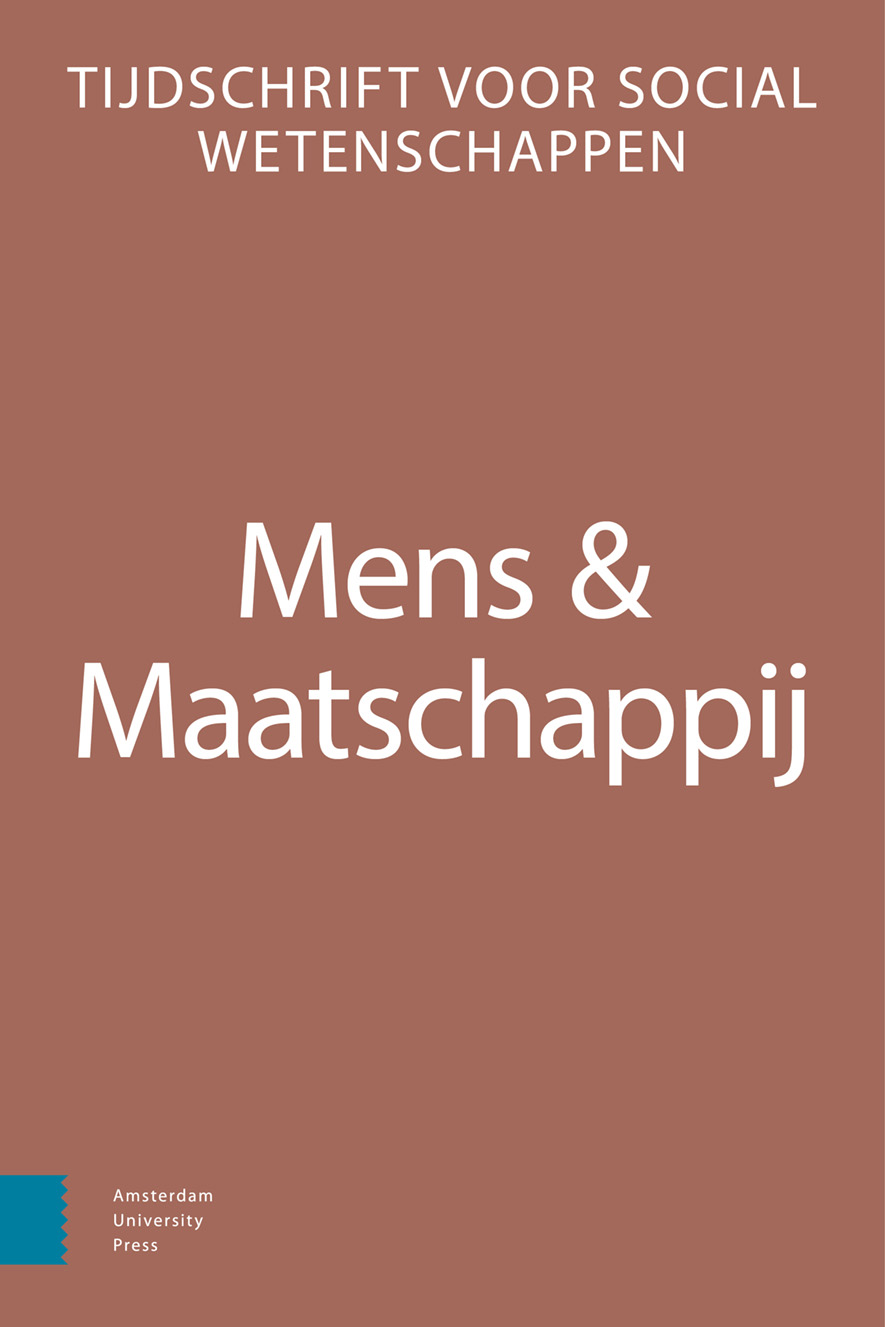-
oa Het Europese Waardenonderzoek 1981-2017
Geschiedenis, de internationale context en het Nederlandse veldonderzoek
- Amsterdam University Press
- Source: Mens & Maatschappij, Volume 94, Issue 4, Nov 2019, p. 381 - 397
-
- 01 Nov 2019
Abstract
This article outlines the main features of the European Values Study (EVS), with special focus on the innovations implemented in the fifth wave (2017). As a large-scale, cross-national and longitudinal social survey program, the EVS provides insights into the ideas, beliefs, preferences, attitudes, values, and opinions of citizens all over Europe, unique in its combined focus on how Europeans think about life, family, work, religion, politics, and society. The first round of data collection was initiated in 1981, and every nine years, a representative sample of residents have been questioned in an increasing number of countries (47 European countries/regions in 2008). The fifth wave started in 2017 and is at this moment under completion. The methodological standards of EVS increased over the waves. As part of the Horizon 2020 project Synergies for Europe’s Research Infrastructures in the Social Sciences (SERISS), EVS took part in innovations in the field of translation and the implementation of websurveys. The data of the European Values Study are publicly available free of charge. A rich academic literature has accumulated around the original and consecutive surveys: more than 1600 publications are listed in the EVS Bibliography (see europeanvaluesstudy.eu). The final sections of this article describe more in detail the implementation of the EVS 2017 in the Netherlands and end with a peek in the future.


